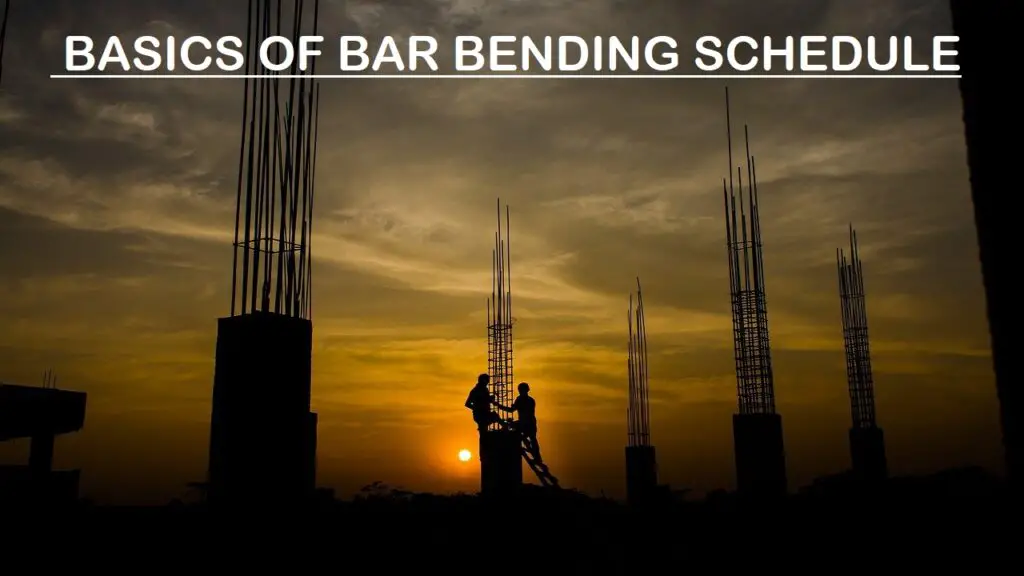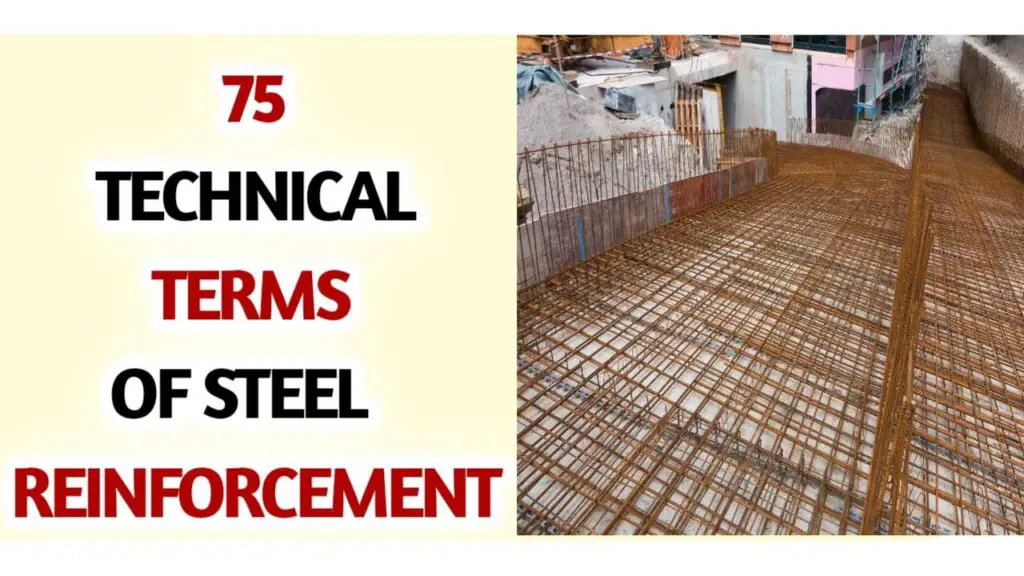Comprehensive Mobile Homes Explanation
Mobile homes have become a popular housing option for those seeking affordability, flexibility, and a sense of community. In this section, we will provide you with a comprehensive Mobile Homes Explanation, including their construction, regulations, benefits, and other names they are known by.
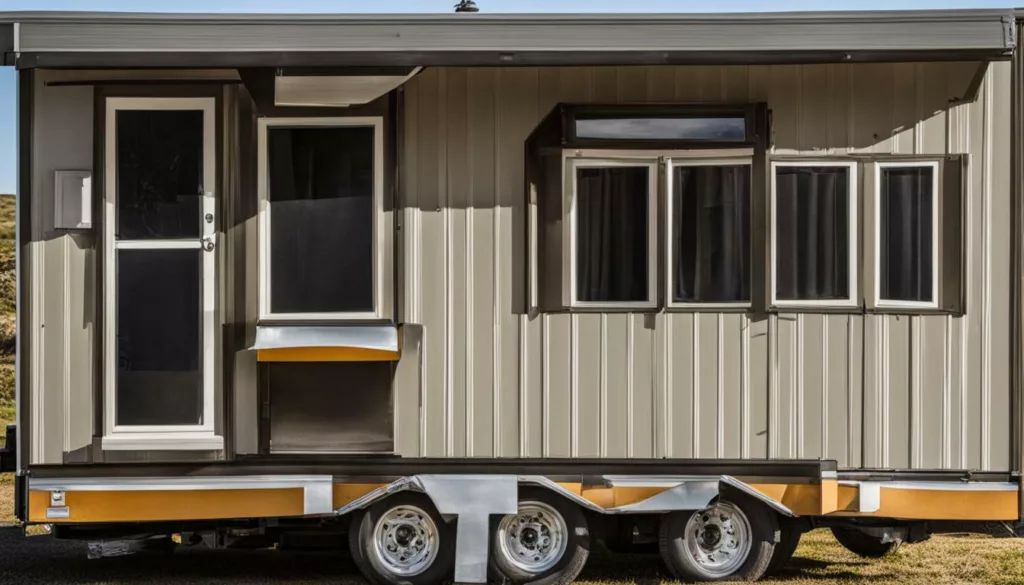
- Mobile homes are an affordable and flexible housing option.
- They are also known as manufactured homes, trailer homes, or factory-built homes.
- Mobile home parks function as communities for mobile homes.
- Mobile homes come in different sizes and types, including single-wide, double-wide, and triple-wide homes.
- Regulations and codes govern mobile homes, including safety standards and zoning requirements.
What is a Mobile Home?
If you’re curious about what is called a mobile home, you’ve come to the right place. A mobile home is a type of prefabricated home that is built off-site and transported to its final location. It is typically mounted on a steel frame with wheels and can be towed to different locations.
Mobile homes come in a variety of sizes and styles, ranging from small, single-wide units to large, triple-wide models. They are often used as an inexpensive housing option, particularly in rural areas where traditional housing may be scarce.
It’s important to note that there is a difference between mobile homes and modular homes. Mobile homes are built to a different set of standards than modular homes and are regulated by the Department of Housing and Urban Development (HUD).
Fun fact: In the United States, mobile homes are also commonly referred to as trailer homes or manufactured homes.
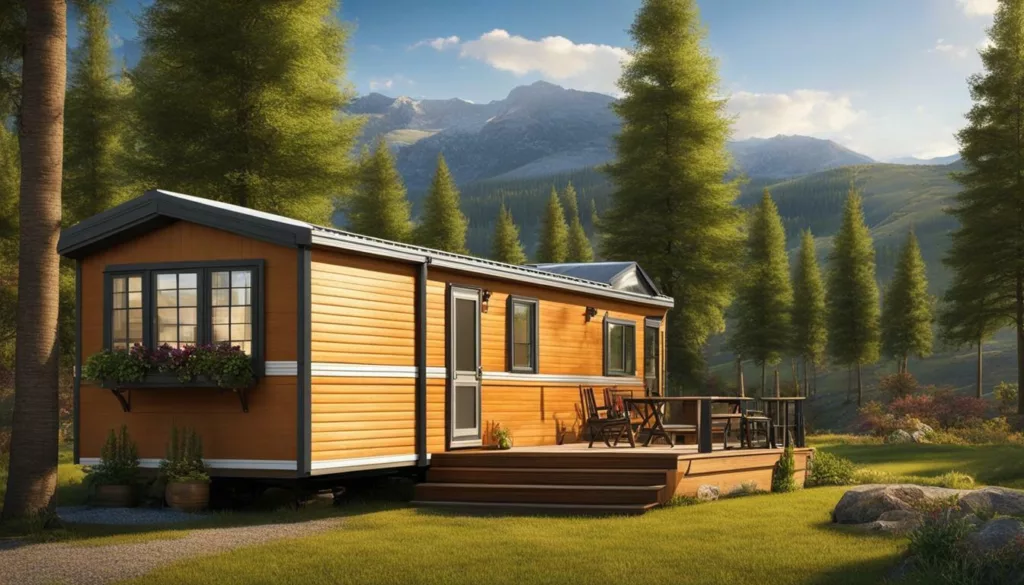
So, what makes a house a mobile home? Mobile homes are designed to be easily transported, which means they are constructed with a lightweight frame and materials. They also include features such as skids, wheels, and a hitch that allow them to be towed to their final destination.
Overall, mobile homes are an affordable and flexible housing option that offers many benefits. In the next section, we’ll explore some of the advantages of living in a mobile home.
Mobile Home Parks: A Community for Mobile Homes
If you’re considering living in a mobile home, you’ll likely be looking for a mobile home park to settle down in. Mobile home parks are communities specifically designed for mobile homes, often including amenities such as swimming pools, playgrounds, and community centers.
At a mobile home park, you’ll typically rent a space (or lot) for your mobile home. This space may include connections for water, electricity, and other utilities. It’s important to note that while you will own your mobile home, you will generally not own the land it sits on in a mobile home park.
Mobile home parks can have varying levels of regulations and restrictions. Some may have strict rules about the appearance of homes and yards, while others may allow for more individuality in the design of homes and landscaping. It’s important to research and visit several mobile home parks to find one that meets your needs and preferences.
Many mobile home parks also have regulations regarding the age of homes allowed within the community. Some may only allow new homes, while others may have no restrictions at all. Before purchasing a mobile home, make sure to check with the mobile home park to ensure your home will comply with their regulations.
| Amenities commonly found in mobile home parks: | Regulations commonly found in mobile home parks: |
|---|---|
|
|
If you’re considering living in a mobile home park, it’s important to thoroughly research the community and visit multiple parks before making a decision. Look for a park that meets your needs in terms of location, amenities, and regulations. With the right research and preparation, a mobile home park can be a great community to call home.
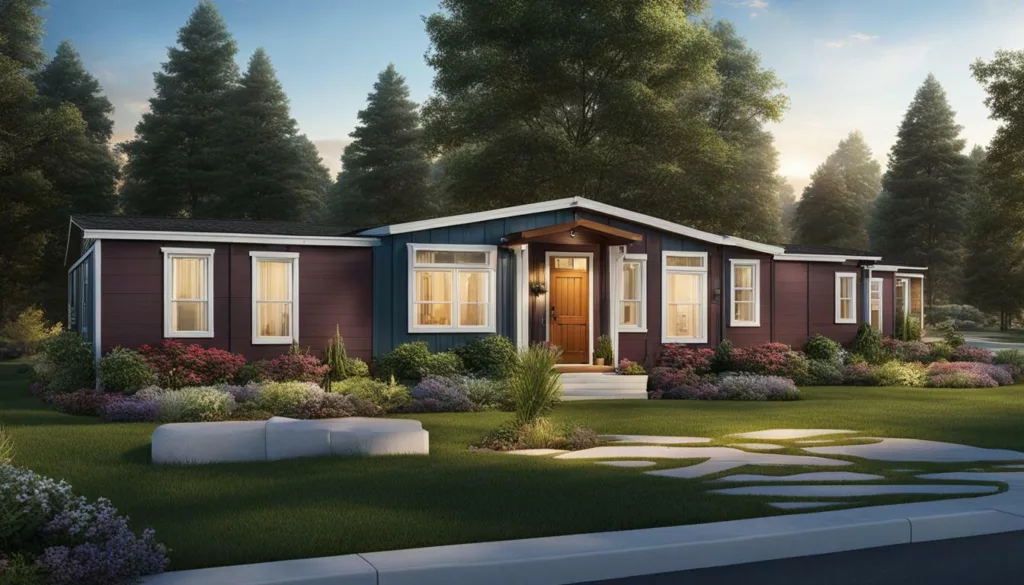
Mobile homes offer several advantages over traditional homes. Perhaps the most significant advantage of owning a mobile home is affordability. Mobile homes are typically less expensive than stick-built homes, making them an attractive option for those on a budget.
In addition to being more affordable, mobile homes offer greater flexibility. Because they are often prefabricated, these homes can be easily moved from one location to another. This feature makes them an excellent option for those who wish to travel or relocate frequently.
Mobile homes also offer the potential for homeownership. Unlike renting an apartment, owning a mobile home allows you to build equity over time. You can also customize your home to suit your needs and preferences.
Another benefit of mobile homes is their environmental friendliness. Mobile homes are often more energy-efficient than traditional homes, which can result in lower utility bills and a reduced carbon footprint.
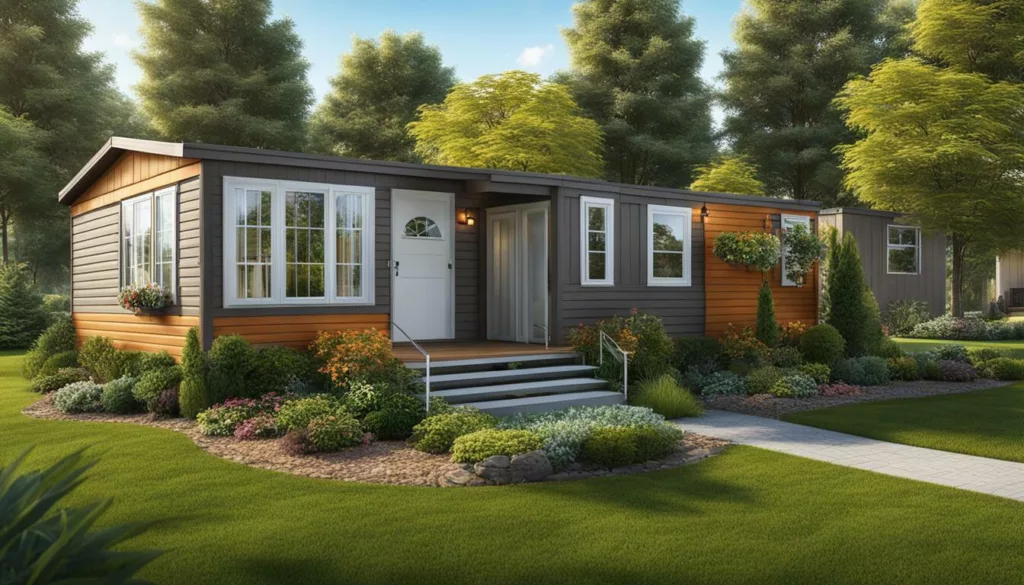
“Living in a mobile home has allowed me to travel and explore new places while still having the comforts of home. It’s also a great way to save money and build equity.”
If you’re considering purchasing a mobile home, keep in mind that these homes come in a variety of sizes and styles. You can choose from single-wide, double-wide, or even triple-wide homes depending on your needs and preferences. Working with a reputable dealer can help you find the perfect mobile home for your lifestyle.
Overall, mobile homes offer numerous benefits over traditional homes, including affordability, flexibility, and the potential for homeownership. If you’re looking for an affordable and customizable housing option, a mobile home may be the perfect choice for you.
The American Word for Mobile Home
If you’re new to the world of mobile homes, you may be wondering what this type of housing is called in the US. In American English, mobile homes are often referred to as “manufactured homes,” “trailer homes,” or “factory-built homes.”
The term “manufactured homes” is the most common name used today. This term came into use in the 1980s after the US Department of Housing and Urban Development (HUD) established a new set of construction and safety standards for mobile homes. The term “manufactured” was used to differentiate these new homes from older, less safe models.
“Trailer homes” is an older term that is still used colloquially by some people. However, this term is often considered outdated and even derogatory. Today, the use of “trailer” to describe a mobile home is generally discouraged.
Finally, “factory-built homes” is a term that encompasses a variety of housing types, including modular homes and panelized homes. Mobile homes are one specific type of factory-built home.
Regardless of the name you choose to use, it’s important to understand the differences between mobile homes and other types of housing. By doing so, you’ll be better equipped to make informed decisions about your housing choices.
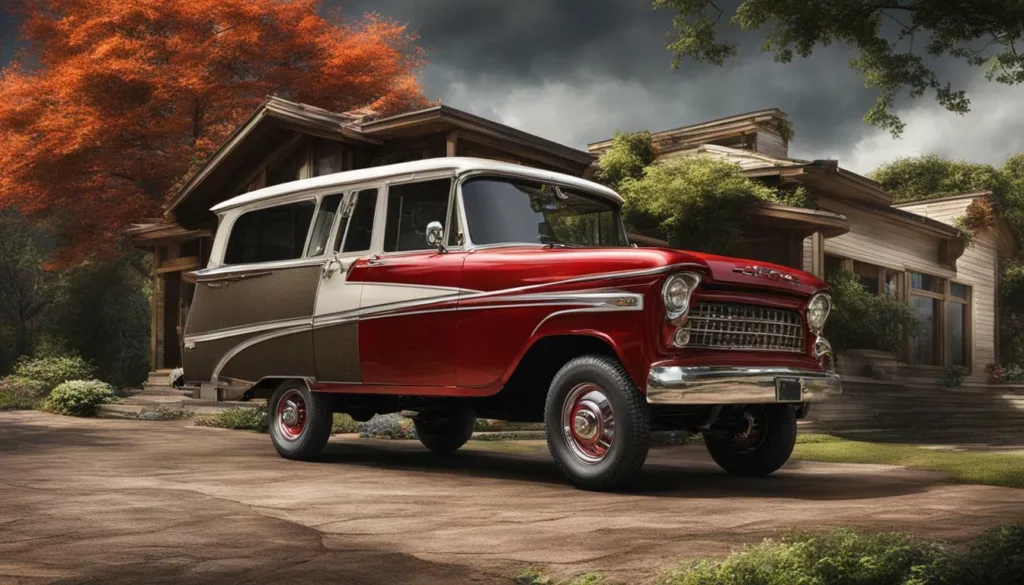
Mobile homes are built to be transported, which means they have specific features that make them mobile. In this section, we’ll explore what makes a house mobile and the process of moving a mobile home.
The most common feature of a mobile home is the use of skids or steel beams underneath the structure. These skids are either factory-installed or added later and allow the home to be lifted onto a trailer for transport. Mobile homes also have wheels attached to the skids, which can either be removed or raised during transport.
Another key feature of a mobile home is the use of a hitch that connects the home to a truck or other vehicle for transportation. The hitch is typically located at the front of the home and is designed to be easily attached and detached for movement.
Mobile homes are available in various sizes, with single-wide, double-wide, and triple-wide homes being the most common. Single-wide mobile homes are typically approved for transportation on the road, while double-wide and triple-wide homes may require special permits due to their width.
Moving a mobile home involves several steps, including obtaining the necessary permits, preparing the home for transport, and hiring a professional transporter. It’s important to work with a reputable transporter who has experience moving mobile homes to ensure a smooth and safe move.
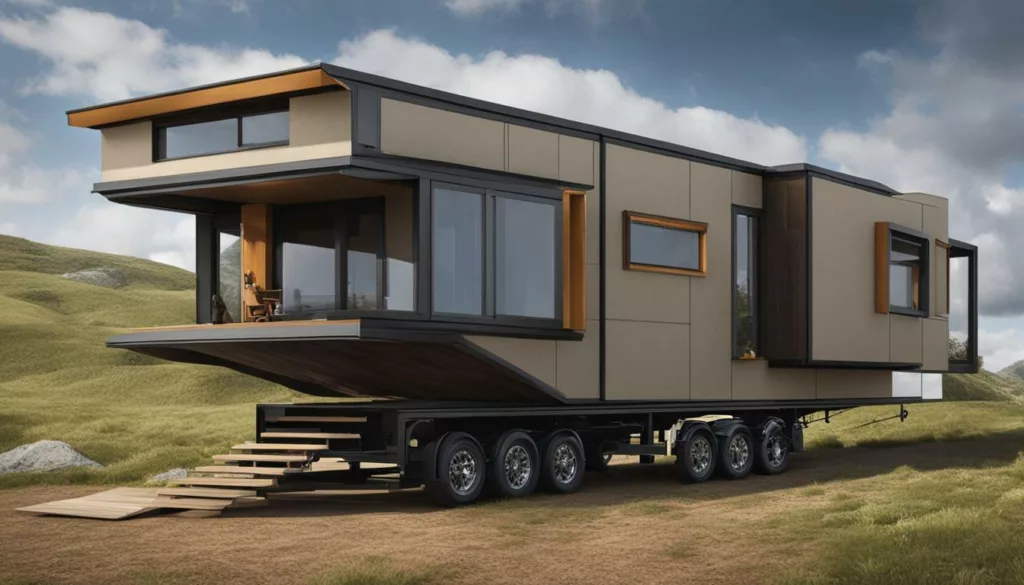
“Mobile homes are designed to be transported, with features like skids, wheels, and hitches that allow for easy movement.”
Overall, the key features that make a house mobile include the use of skids, wheels, and hitches, as well as its ability to be transported on a trailer. Whether you’re considering purchasing a mobile home or need to move one, understanding these features is essential for a successful mobile home experience.
Different Types of Mobile Homes
Mobile homes come in various sizes and layouts to fit different budgets and preferences. In general, mobile homes are classified into single-wide, double-wide, or triple-wide homes based on their width.
Single-wide mobile homes: These are the most common and affordable type of mobile homes. They are usually 14 to 18 feet wide and between 60 to 90 feet long. Single-wide homes typically have one or two bedrooms, one or two bathrooms, and a combined living and dining area.
Double-wide mobile homes: These are larger and more spacious than single wide homes, with a width of 20 to 24 feet and length ranging from 60 to 90 feet. Double-wide homes often have three or four bedrooms, two or three bathrooms, and a separate living and dining area.
Triple-wide mobile homes: These are the largest and most luxurious type of mobile homes, with a width of 26 to 32 feet and a length of up to 90 feet or more. Triple-wide homes typically have four to six bedrooms, three to four bathrooms, and multiple living areas, such as a family room, den, or study.
Some mobile homes also feature additional rooms, such as a utility room, pantry, or porch. The design and layout of a mobile home can vary greatly depending on the manufacturer and model.
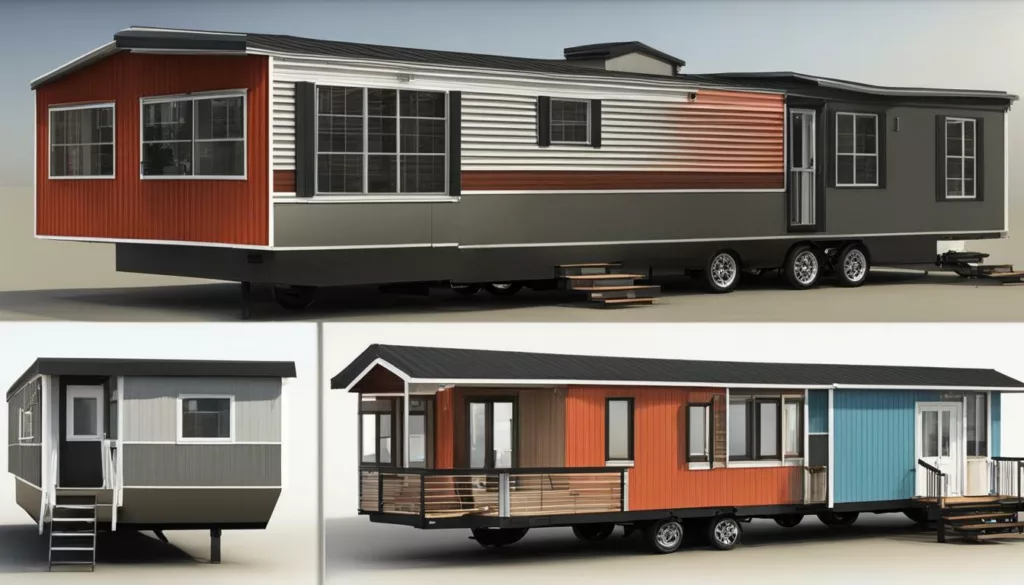
When choosing a mobile home, consider your lifestyle, family size, and budget. Single-wide homes may be suitable for individuals or small families, while double-wide and triple-wide homes may offer more comfort and space for larger families or those who enjoy entertaining guests.
Mobile Homes Regulations
Mobile homes are subject to specific regulations and codes that vary by state and location. These regulations cover various aspects of mobile homes, including safety standards, zoning requirements, and installation guidelines. It is crucial to comply with these regulations to ensure your home is safe and legal.
The U.S. Department of Housing and Urban Development (HUD) regulates the construction of mobile homes. HUD sets standards for the design, construction, and installation of mobile homes, including fire safety, energy efficiency, and wind resistance. All mobile homes must meet these standards before they can be sold.
In addition to federal regulations, mobile homes are subject to state and local regulations. States and local authorities may have specific requirements for the installation of mobile homes, such as foundation requirements and utility connections. Zoning regulations also dictate where mobile homes can be placed within a community or park.
When buying a mobile home, it is essential to check the regulations in your area to ensure compliance. If you plan on placing your mobile home on private land, check with your local authorities regarding any zoning regulations or permitting requirements. If you plan on placing your mobile home in a mobile home park, ensure the park is licensed and complies with all applicable regulations.
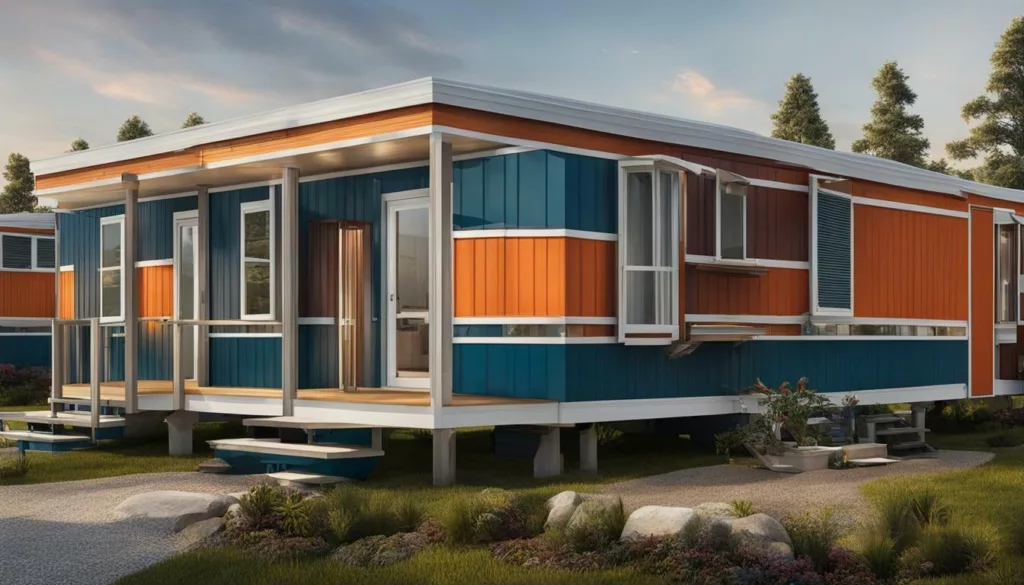
Financing a mobile home may also be subject to specific regulations. The HUD Code requires all mobile homes to be built on a permanent chassis and be considered personal property. Therefore, mobile homes may be financed similarly to automobiles and be subject to vehicle loan rates and terms. However, some lenders offer mobile home mortgages that allow for the home and land to be financed together.
When considering financing options, it is essential to work with reputable lenders who specialize in mobile homes. Be sure to compare rates and terms from multiple lenders to find the best option for your budget and needs.
Other Names for Mobile Homes
Mobile homes are known by various alternative names, depending on the region and construction type. Some of the most common names used in the United States include:
- Manufactured homes
- Trailer homes
- Factory-built homes
- Modular homes
- Pre-fabricated homes
- Transportable homes
While these terms are often used interchangeably, there are some differences between them. For example, modular homes are built in sections in a factory and assembled on-site, while manufactured homes are constructed entirely in a factory and transported to the site.
It is important to understand the different names for mobile homes if you are considering buying one, as certain terms may be more commonly used by financing institutions or regulatory agencies.

If you’re considering buying a mobile home, there are a few things to keep in mind to ensure you make the right decision. Here are some tips to help you buy a mobile home:
- Set a budget: Determine how much you can afford to spend on a mobile home, taking into account the cost of the home, land rental fees, and utility costs.
- Research: Look at different brands, models, and dealers to find the right mobile home for you. You can also check online reviews and ratings to find reputable dealers and manufacturers.
- Choose the right location: Consider the location carefully, taking into account factors like proximity to schools or work, access to amenities, and zoning regulations. Make sure to also inspect the land or mobile home park where you plan to place your mobile home.
- Inspect the mobile home: Thoroughly inspect the mobile home for any damages, such as water damage, plumbing issues, or foundation problems. Hire a professional inspector to help you identify any issues.
- Consider financing options: Explore different financing options, such as mortgages or personal loans, to help you purchase your mobile home.
- Work with a reputable dealer: Choose a dealer or manufacturer with a good reputation and experience in the mobile home industry. Look for dealers who are members of the Manufactured Housing Institute.
Finding the right mobile home for you can take time, but by following these tips, you can ensure you make an informed decision that meets your needs and budget.
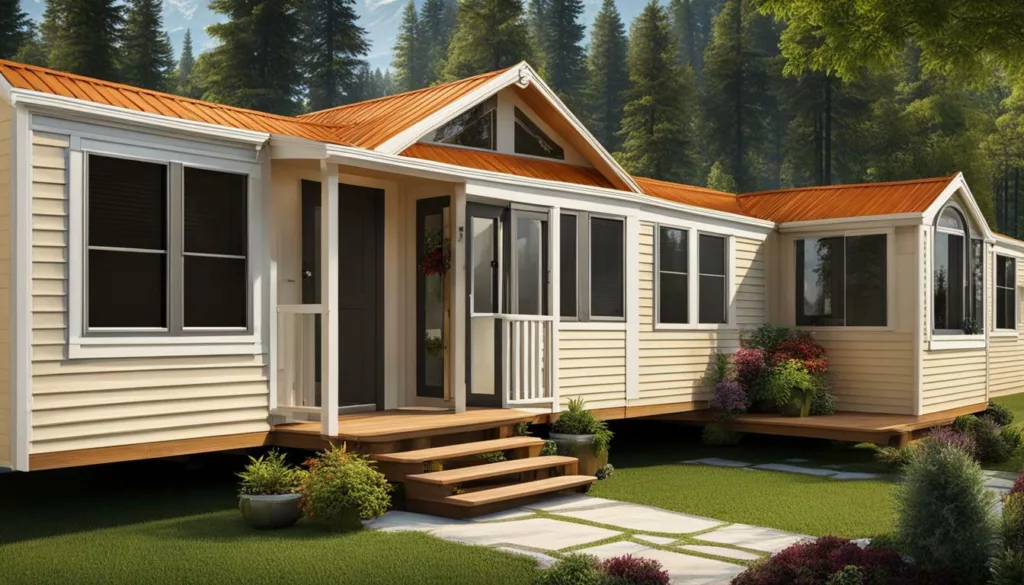
By now, you should have a comprehensive understanding of mobile homes and their various features and benefits. From their unique construction and mobility to the diverse regulations and codes they must adhere to, mobile homes are a housing option worth exploring. Whether you are hoping to save money on housing costs, looking for a flexible and affordable homeownership option, or simply curious about alternative housing options, mobile homes may be the perfect solution for you.
Throughout this Mobile Homes Explanation article, we have explored the differences between mobile and modular homes, the amenities commonly found in mobile home parks, the regulations and codes governing the industry, the various types of mobile homes available, and the different terms used to describe them.
We have also touched on the process of making a house mobile and the benefits of choosing a mobile home over a traditional house.
Mobile Homes Explanation – A Final Word:
Ultimately, whether or not a mobile home is the right choice for you will depend on your lifestyle, priorities, and budget. However, we hope that this Mobile Homes Explanation has provided you with the information you need to make an informed decision about this unique housing option.
If you are considering purchasing a mobile home, remember to take your time, do your research, and work with reputable and experienced dealers. With the right approach, a mobile home could be the perfect solution for your housing needs.
Thanks For the Great Attention!
Good Bye & Take Care
Happy Learning
Also, Read,
Tornado Shelter Near Me: Find Your Safe Haven Today
Wall Mounted vs Floor Mounted Toilets
FAQ
FAQ
What is a mobile home?
A mobile home is a type of prefabricated housing that is built in a factory and then transported to a designated location. It is designed to be mobile and can be moved to a different site if needed.
What is the difference between mobile homes and modular homes?
While both are types of prefabricated housing, the main difference is that mobile homes are built on a steel frame with wheels, making them easily movable, whereas modular homes are constructed in modules that are assembled on-site and do not have wheels.
What are the benefits of living in a mobile home?
Living in a mobile home offers several benefits, including affordability, flexibility, and the potential for homeownership. Mobile homes also have a smaller environmental footprint compared to traditional homes.
What are some other names for mobile homes?
Mobile homes are also known as manufactured homes, trailer homes, or factory-built homes in the United States.
How do you make a house mobile?
To make a house mobile, it is typically built on a steel frame with wheels and skids. The wheels allow for easy transportation, and the skids provide stability when the mobile home is placed on a site.
What types of mobile homes are available?
There are different types of mobile homes, including single wide, double-wide, and triple-wide homes. Single-wide homes are narrower and typically have a more compact layout, while double-wide and triple-wide homes offer more space and larger rooms.
What regulations govern mobile homes?
Mobile homes are subject to various regulations and codes, including safety standards, zoning requirements, and regulations set by the Department of Housing and Urban Development (HUD). These regulations ensure the safety and quality of mobile homes.
What should I consider when buying a mobile home?
When buying a mobile home, it is important to consider factors such as budgeting, inspections, location, and working with reputable dealers. It is also advisable to research financing options and carefully review the terms of any contracts or agreements.


